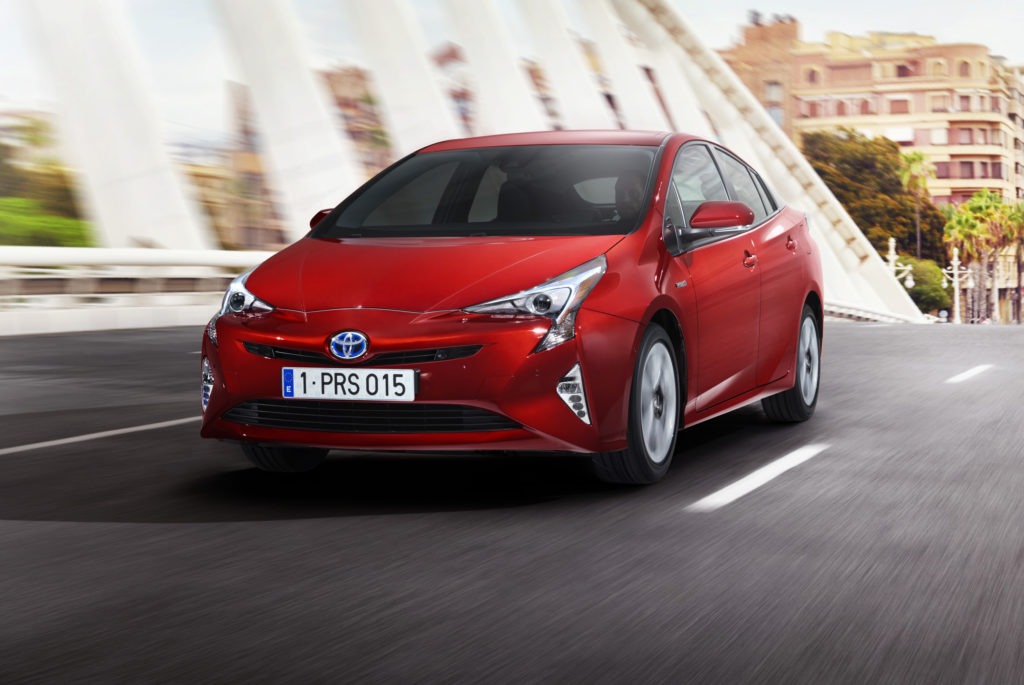Toyota plans mass EV production in China from 2019 and solid-state battery technology from 2022
25 July 2017

25 July 2017
Toyota’s strategy for low-emission vehicles centred on fuel cell and hybrid technology until 2016 and the company only made an ′agonising’ U-turn in its plans for electric vehicles (EV) earlier in 2017 following the announcement of China’s policy to classify non-plug-in hybrids like the Prius as petrol-powered vehicles. However, Toyota’s progress has been notably swift, with a Japanese newspaper reporting today (Tuesday 25 July) that the company could introduce long-range, fast-charging EVs which feature new battery technology as early as 2022.
Japanese daily newspaper Chunichi Shimbun reported on Tuesday that Toyota is working on an electric car powered by a new type of battery that significantly increases driving range and reduces charging time with the aim to commence sales in 2022. The paper further reported that the car will be built on an all-new platform and that the use of new solid-state batteries will enable the cars to be recharged in just a few minutes as opposed to the 20-30 minutes which is currently required to recharge lithium-ion batteries, even using fast-charging points.
Although Toyota would not comment on specific product plans, spokeswoman Kayo Doi has confirmed that the company aims to make solid-state batteries commercially available by the early 2020s. Solid-state batteries use solid electrolytes rather than liquid ones, making them safer than the lithium-ion batteries currently available on the market.
Autovista reported back in May on a Swiss research project which is seeking alternatives to lithium for rechargeable batteries and also on a nanotechnology materials company in Israel, StoreDot, which aims to reduce EV battery recharging time to five minutes and provide a range of 300 miles. However, neither of these solutions have been fully embraced by a carmaker to the best of our knowledge and Toyota’s plans for solid-state batteries with notably quicker charging times and extensive driving range from 2022 seem to be ahead of the competition. Other OEMs such as BMW are naturally looking to develop solid-state batteries but only envisage mass production within the next 10 years.
Reuters commented in an article on Tuesday: ′Whether Toyota will be able to leapfrog its rivals remains to be seen, however, as mass production requires a far more stringent level of quality control and reliability.’ CLSA auto analyst Christopher Richter said that ′There’s a pretty long distance between the lab bench and manufacturing.’
Even ahead of the planned introduction of EVs featuring solid-state battery technology from 2022, Toyota is planning to introduce mass production of EVs in China from 2019. These vehicles would be based on technology featured in the newly launched C-HR crossover and therefore use lithium-ion batteries but this is an incredible feat given that Toyota only set up its new division, the EV Business Planning Department, to launch its all-electric vehicle strategy in November last year.
Toyota spokesman Ryo Sakai confirmed to Japanese daily Asahi on Friday that ′We are going to introduce EVs in China within a few years. However, we don’t talk about any future product plans.’
Photograph courtesy of Toyota